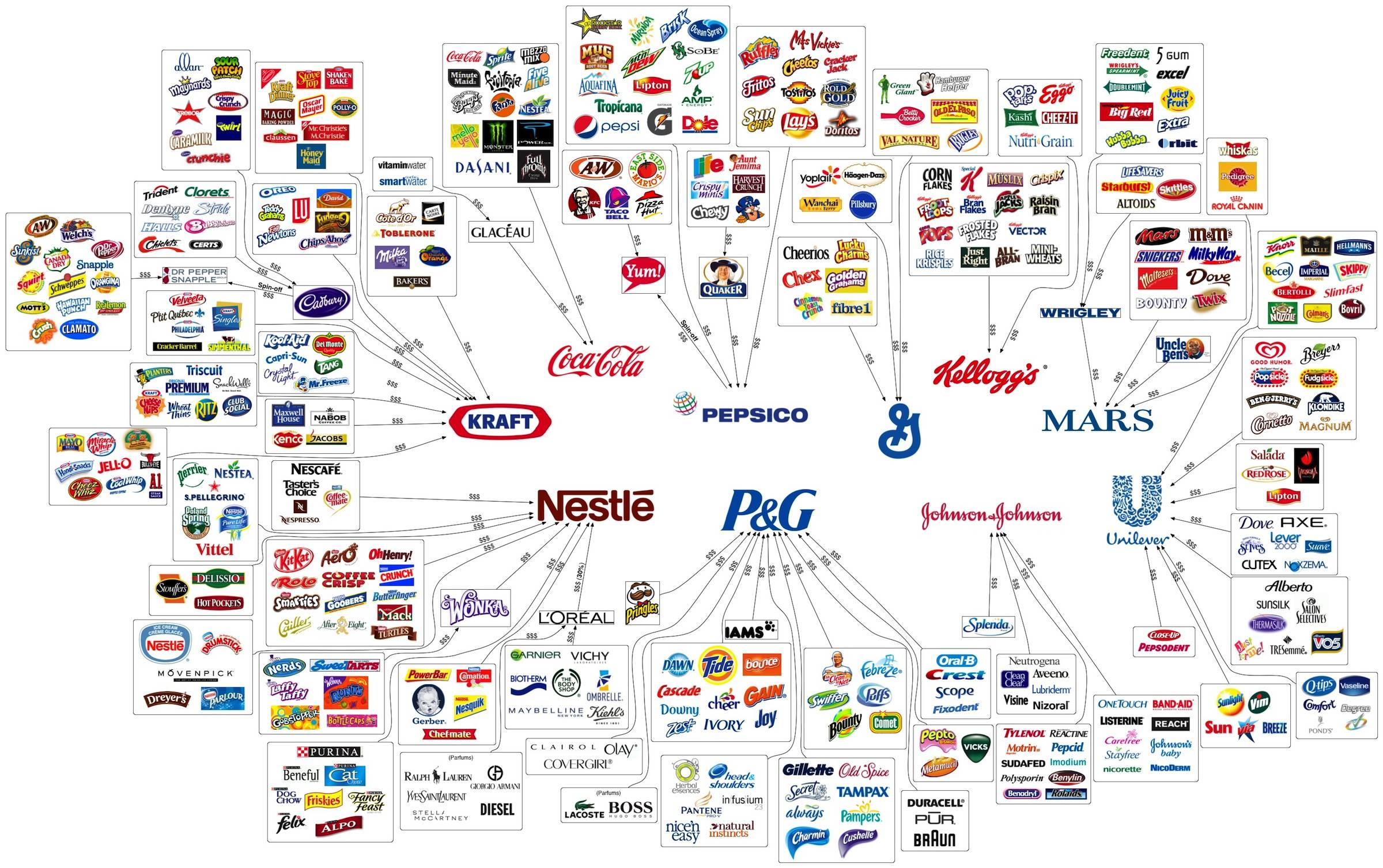When we moved here nearly 3 years ago, the first thing we did on the first morning in our new town was visit the Farmers Market. I fell instantly in love. Great veggies (we moved in late July, so the everyone had a great spread), the Leaf & Vine had a “Champagne Brunch” which I instantly imagined our life in 10 years and JJ and I actually getting to go, childless. I came to a tent with the Stone’s Throw Market banner and they had Snowville Creamery milk, a farm from the greater Athens-ish area. Swoon. By winter we joined the co-op and came to depend on their organic dry goods, fresh butter, grass-fed meats and free range eggs.
Today I made a quick trip to pick up my 700 pizza crusts I ordered from Mosquito Creek Farm and was saddened not to see that same white tent filled with jams, granola, milk and eggs. The co-op dissolved this past May because the membership didn’t put forth the energy required to move into a new store and grow. While member numbers were high, shopping numbers were low. We were a group of people who believed in local economy and farmers market foods, we just weren’t a group who used our money to show it on a regular basis.
When we don’t buy directly from a farmer, we likely instead purchase from the same group of products. For instance (note this source is from June, 2009. This has likely grown):
This chart is specific to if you tend to enjoy organic “health” foods. If you’re a mainstream shopper, there are a few more.

Source
Even when you buy organic, it seems that our dollars go to support the same major players of our food supply. Even worse, many of the food we see on the lists above get their raw ingredients from sources that utilize one major player of our food system – crops grown from seed via Monsanto. (So, while Monsanto doesn’t “own” these companies, there is a significant interest in the food economy).
Why do we care? Well, some don’t, and that’s fine. But it seems that this major distributor of goods that goes into nearly all of our food doesn’t want to tell us exactly what’s happening at the seed-level. In order to keep things covered, the company is willing to sue the state of Vermont because it’s about to impose a labeling law to give consumers full disclosure about not only what is in their food, but what has been done to their food before it was put in the package.
Apparently Monsanto has more money than the State of Vermont as it seems to be going this battle alone. Previously, Monsanto won a battle over labeling in California in 2012. That time it partnered with some of the above companies for campaign funds – “The “Vote No” campaign’s biggest supporter was Monsanto, who threw more than $8 million themselves into efforts to defeat the measure. Dupont, Pepsico, Bayer, Dow and Syngenta were also big funders of the opposition, each contributing at least $2 million apiece.” (Source)
The amount the grassroots believers had to to use to get the word out? A total of $8 million, against the $45 mil the big companies put forth.
All of this to say, there is a lot of money in food. A lot. I know in our budget we give more to groceries than our mortgage (though, admittedly, we have a below-average amount owed on our home). But when we decide to spend our money at the grocery rather than the independent baker, farmer or butcher we are giving money to the same people over and over and over. If I believed in their general goodwill and concern for the health of my children and yours, this would not be a problem. However, I tend to believe that the topic of conversation in the boardrooms and laboratories always goes to the bottom line with out much question of “is this proven safe?”
I’m currently buying goat milk for Sir M from a family farm. We facebook each week about when I’ll be picking it up. They give me fresh baked bread and a free dozen eggs, collected that morning, when they have some around. But more than that, when I started giving it to the baby they would message me to ask how the little guy was doing, if he was adjusting well and offered some tips. There is an intrinsic, unprice-able benefit to knowing the person who is feeding and raising your goats.
Buying food directly from growers – specifically ones committed to non-GMO farming practices – is my best attempt to rectify a broken food system. There is too much money and power at play for me to believe that I can simply believe that my interests are being considered.
If you want to hear this from the voice of an analyst, then perhaps consider this:
